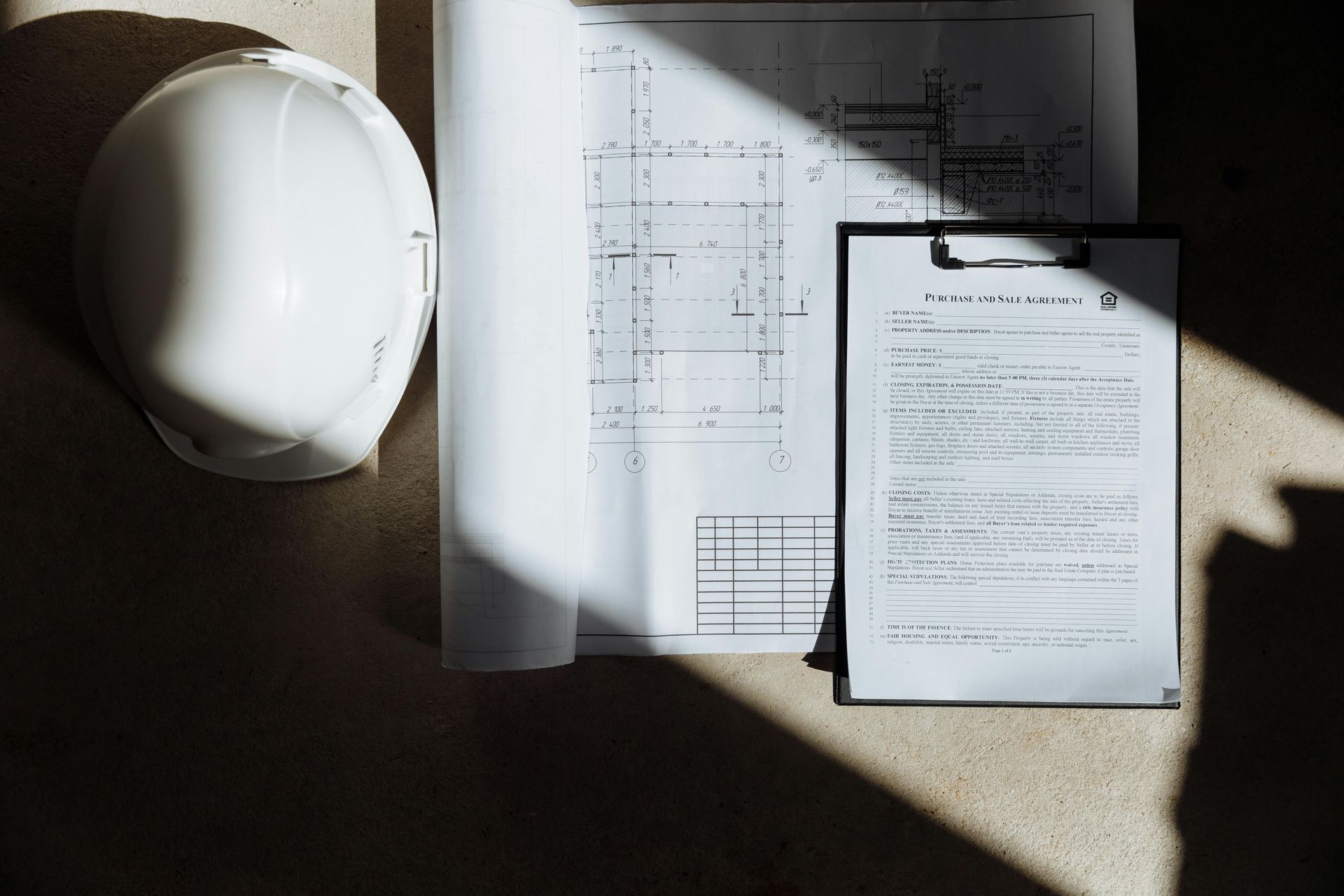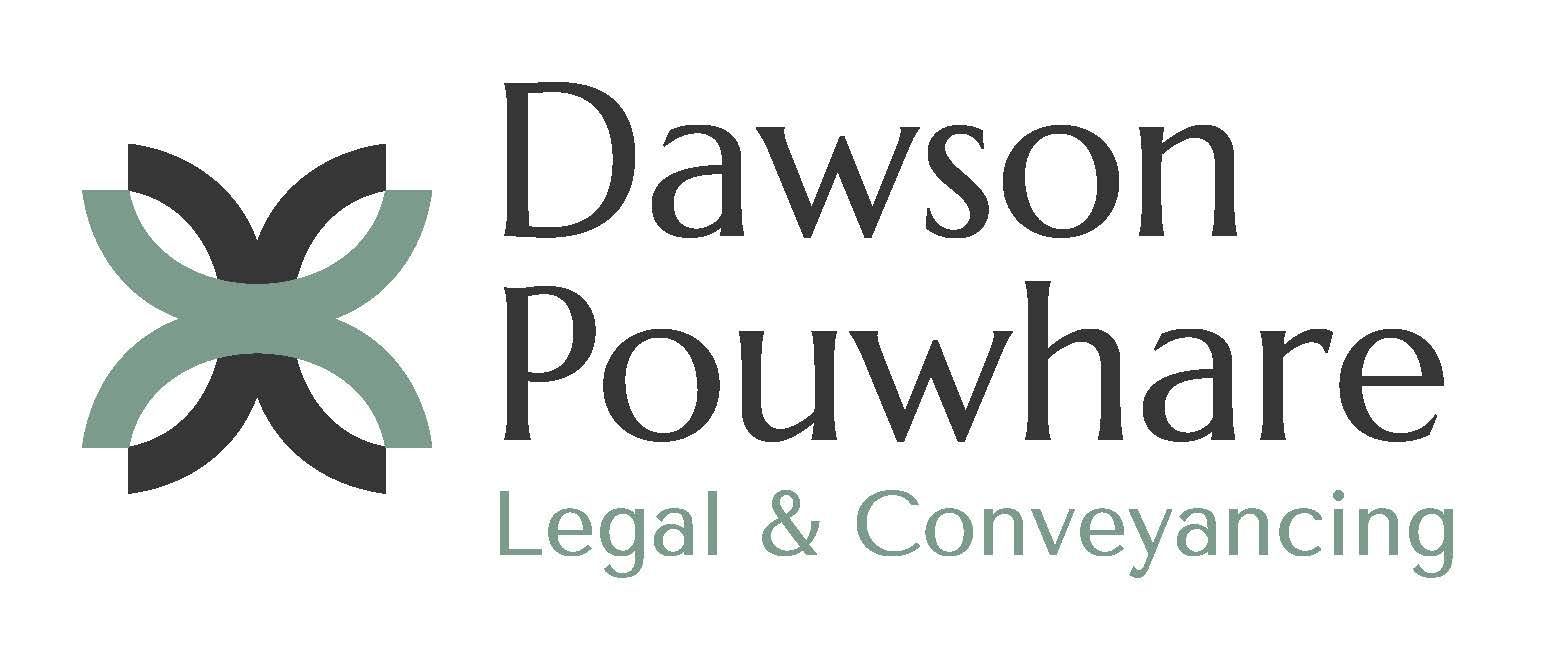Superannuation and Death: Understanding the Legal Complications
When a loved one passes away, dealing with their estate can be complex—especially when it comes to superannuation. Many people are unaware that superannuation does not automatically form part of a deceased’s estate. Instead, it is distributed in accordance with the fund’s rules, trust deed, and applicable superannuation laws. This distinction can lead to significant legal complications if not planned for properly.
In this blog, we explore the key legal issues surrounding superannuation death benefits, including binding nominations, discretionary trustee decisions, and potential disputes.
Does Superannuation Form Part of the Estate?
Under superannuation law in Australia, a person’s superannuation is held in trust and managed by the trustee of their super fund. As such, superannuation is not automatically covered by a person’s will. Unless it is paid to the estate via a valid nomination, the trustee decides who receives the death benefit.
This means that wills alone are not sufficient to deal with superannuation entitlements.
Binding vs Non-Binding Death Benefit Nominations
One way to direct the payment of superannuation is through a Death Benefit Nomination. These come in two main forms:
Binding Death Benefit Nomination (BDBN)
- Must be valid and current (typically lapses every 3 years unless non-lapsing).
- Must nominate a dependant (as defined under the Superannuation Industry (Supervision) Act 1993 (Cth)) or the legal personal representative (LPR).
- If valid, the trustee is legally required to follow the nomination.
Non-Binding Nomination
- Provides guidance to the trustee but is not binding.
- The trustee ultimately decides how the death benefit is paid, which may differ from the nomination.
Who Is Considered a Superannuation Dependant?
Under Section 10 of the SIS Act, a dependant includes:
- A spouse or de facto partner (including same-sex partners),
- Children of any age (including stepchildren in some cases),
- Anyone in an interdependency relationship with the deceased,
- Financial dependants.
Nominations made to people outside these categories—such as parents, siblings or friends—may be invalid, potentially triggering disputes.
Common Legal Complications
Lapsed or Invalid Nominations
A binding nomination that has lapsed or incorrectly names a non-dependant can result in the trustee exercising discretion, often contrary to the deceased's intentions.
Disputes Among Beneficiaries
Competing claims from spouses, ex-spouses, children, or other dependants can lead to lengthy and costly disputes through internal dispute resolution or the Australian Financial Complaints Authority (AFCA)
-
Super Paid Outside the Estate
When the trustee pays the benefit directly to the dependant (rather than to the estate), this amount is not governed by the will, which can cause issues in blended families or where unequal distributions are expected.
Tax Implications
Death benefits paid to non-dependants (as defined under the Income Tax Assessment Act 1997 (Cth)) may be taxed up to 32%, reducing the benefit received.
Planning Ahead: How to Minimise Risk
Review and update BDBNs regularly – ensure they remain current and compliant.
Seek legal advice when preparing your will and superannuation nominations to ensure alignment.
Consider paying superannuation to your legal personal representative (estate) if you want the distribution controlled by your will—particularly important for blended families.
Document interdependency or financial dependency relationships if relevant, to support valid claims.
Superannuation can be a significant asset, and failing to plan for its distribution can lead to unexpected outcomes and family conflict. A carefully drafted estate plan—supported by legal advice and up-to-date binding nominations—can help ensure your wishes are carried out and reduce the risk of disputes.
Need assistance with your superannuation and estate plan?
At Dawson Pouwhare Legal & Conveyancing, we help individuals and families across NSW navigate the complexities of estate planning. Contact our team today for personalised legal advice.
(02) 4954 8666











